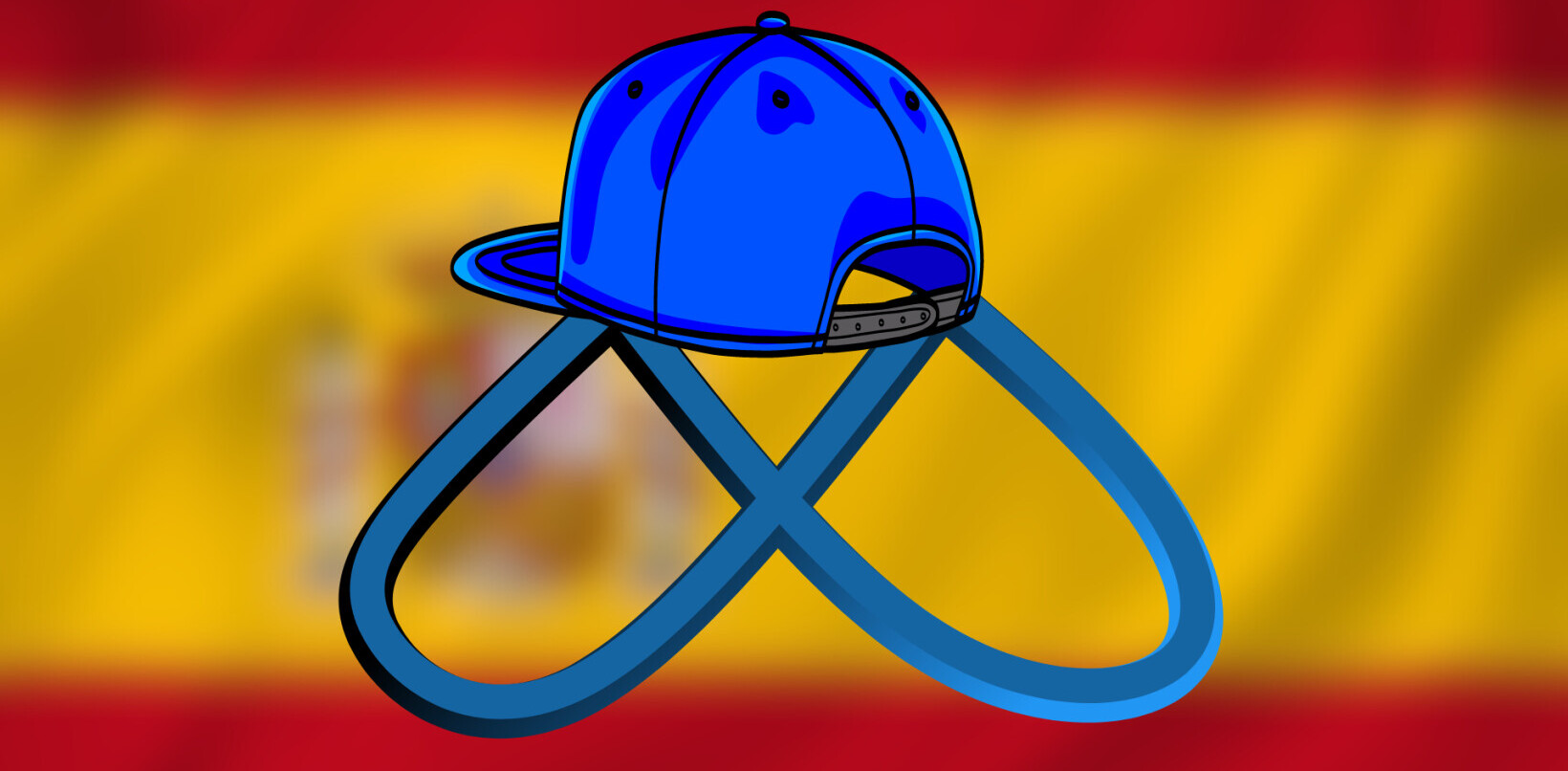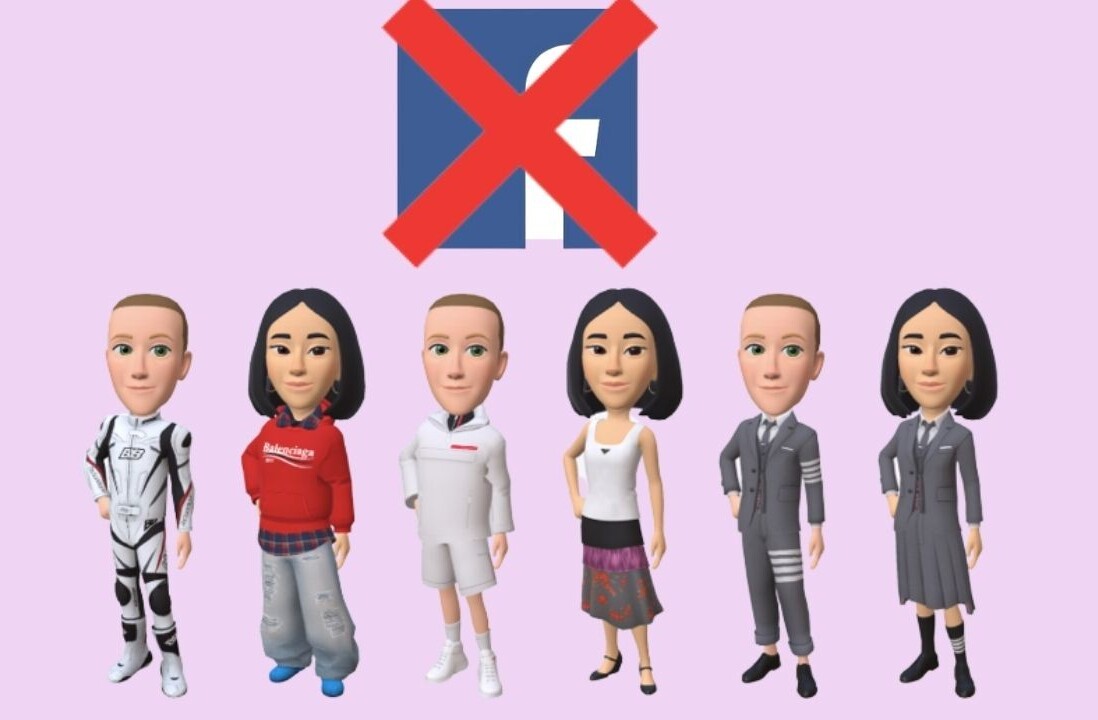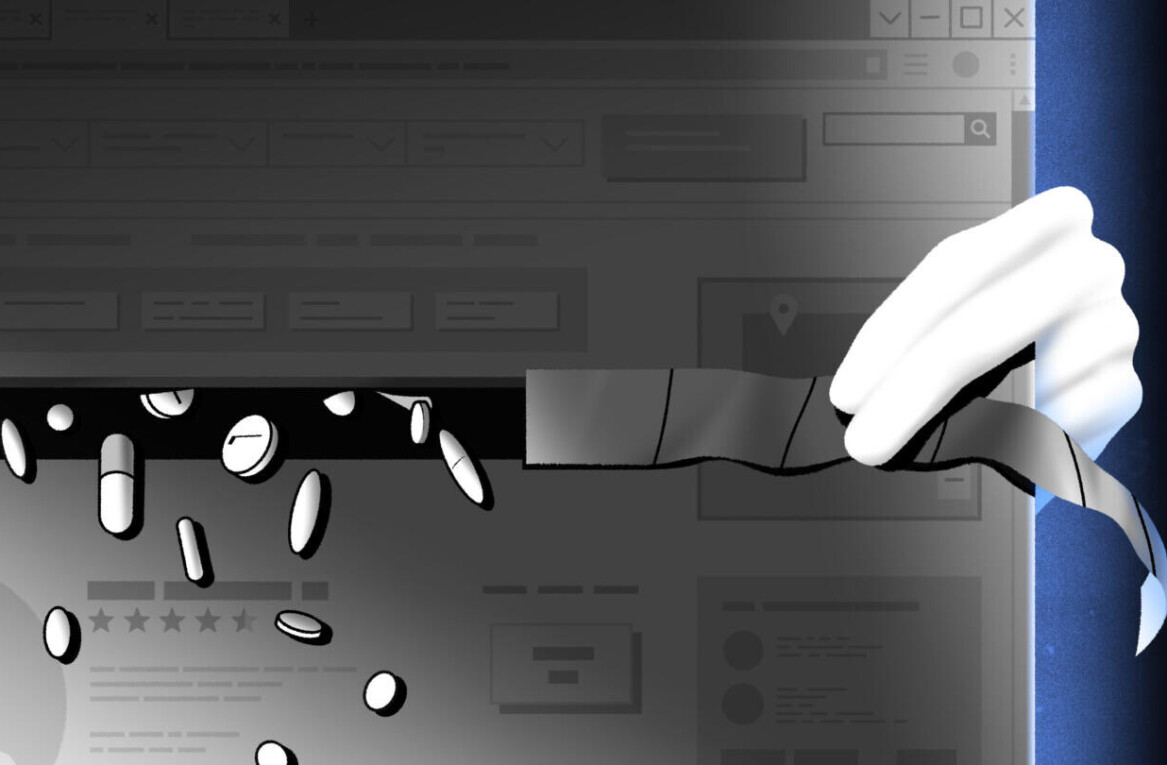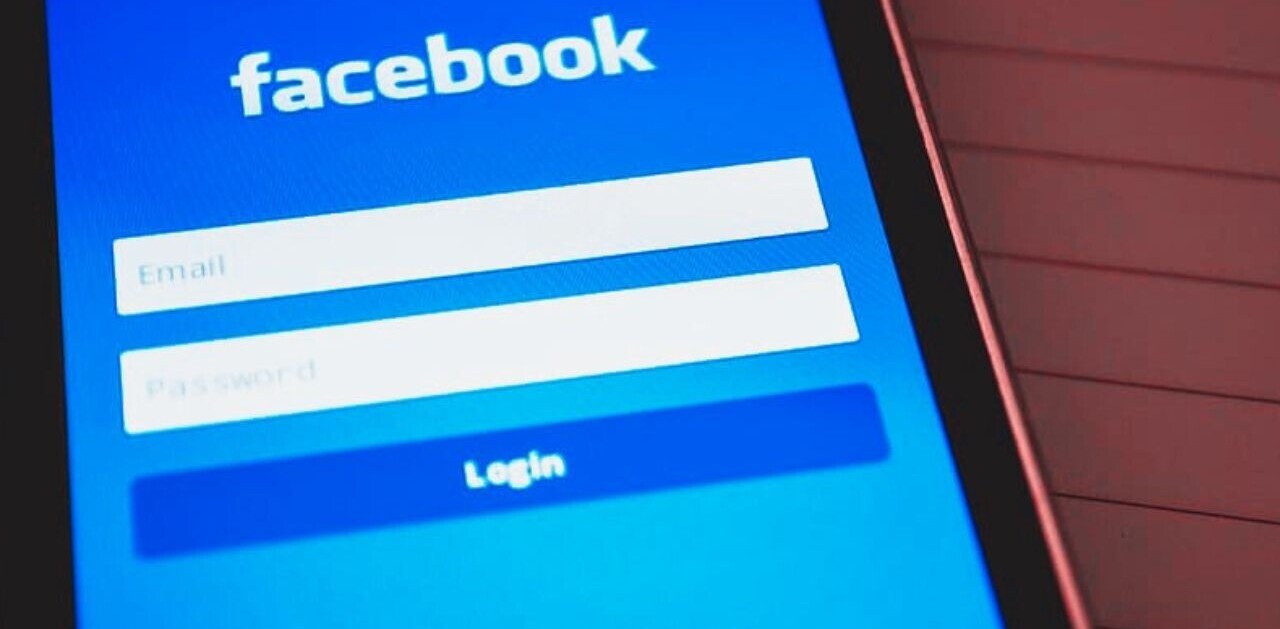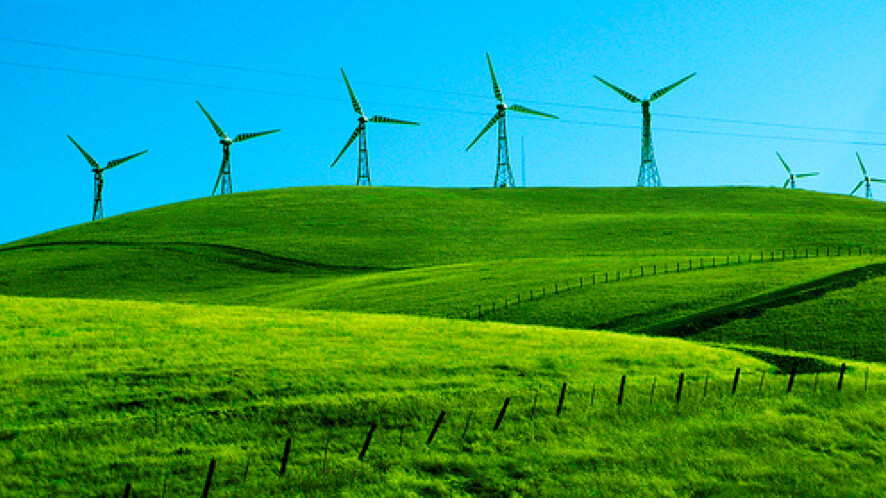
Facebook has recently partnered with the Natural Resources Defense Council (NRDC) and Opower to develop a “social energy application“. Energy gone social? How does that one work?
According to a report by AllFacebook, this new application will pull energy usage data from participating users. With this information, the app will be able to foster conversation around energy saving techniques and tips, reveal comparisons between high-energy usage households and low-energy users, and allow friends to see how they stack up against one another in the world of energy use as well.
Directly from Opower’s website, the initial set of features will allow consumers to:
- Compare Energy Use to Similar Homes: People will be able to benchmark their home energy use against a national database of millions of homes. All benchmarking will be done on an aggregate level, ensuring complete data privacy.
- Compare Energy Use Among Friends: People will be able to invite friends to compare their energy use against their own, show how energy efficient they are, and share tips on how to improve. The Friend Comparison Feature is a social version of Opower’s Neighbor Comparison module, which features prominently in its successful nationwide Home Energy Reporting programs.
- Publish Conversations About Energy to the Facebook Newsfeed: People will be able to share information about their energy use, rank, group participation, and tips.
- Group Development – Cooperation and Competition: Communities of people will be able to form teams to help each other achieve collective goals, as well as compete against other groups. Teams will be rewarded and incentivized by their utility or other network partners.
- Automatically Import Energy Data: Customers of participating utilities will be able to import their energy data into the application automatically, if they so choose. (Customers from utilities that are not participating will also have the option to input their energy usage into the app manually.)
Why is this a big deal?
The NRDC states that “improvements in energy efficiency have the potential to deliver more than $700 billion in cost savings in the U.S. alone.” With this in mind, developing an app that encourages users to remain active in greener energy practices is nothing short of beneficial. By leveraging Facebook’s huge user base, Opower and the NRDC will hopefully be able to better encourage social awareness of earth-friendly issues.
Opower, which describes itself as an expert at delivering personalized energy information to help people be more energy efficient, already has over 60 utilities in the network. It is currently associated with Chicago’s Commonwealth Edison, the City of Palo Alto, as well as Glendale Water & Power, using the data provided by these utilities to aggregate current energy usage data in addition to the figures provided by participating Facebook users.
Marcy Scott Lynn, director of corporate social responsibility for Sun Microsystems who also leads Facebook Sustainability states:
“With more than 800 million participants using Facebook, people have discovered that the platform can be used as a powerful tool for positive change. Facebook makes our own energy efficiency a top priority, and we hope to inspire a grand conversation about energy efficiency among the millions of people who use the service every day.”
When a social networking super giant like Facebook puts an emphasis on green issues, people are bound to pay attention. The effort Facebook is putting into earth-friendly matters will hopefully please activists currently against the network’s use of coal and nuclear power, though this is only one step in the right direction.
Opower’s application hasn’t launched just yet, but you can sign up to be first to know when it does via this landing page. You can also “Like” Opower on Facebook here.
What do you think? Will more companies follow suit with Facebook’s pro-green approach to energy consumption? Will you be using this application, and do you think this will be enough to appease activists against Facebook? Weigh in below.
Get the TNW newsletter
Get the most important tech news in your inbox each week.


